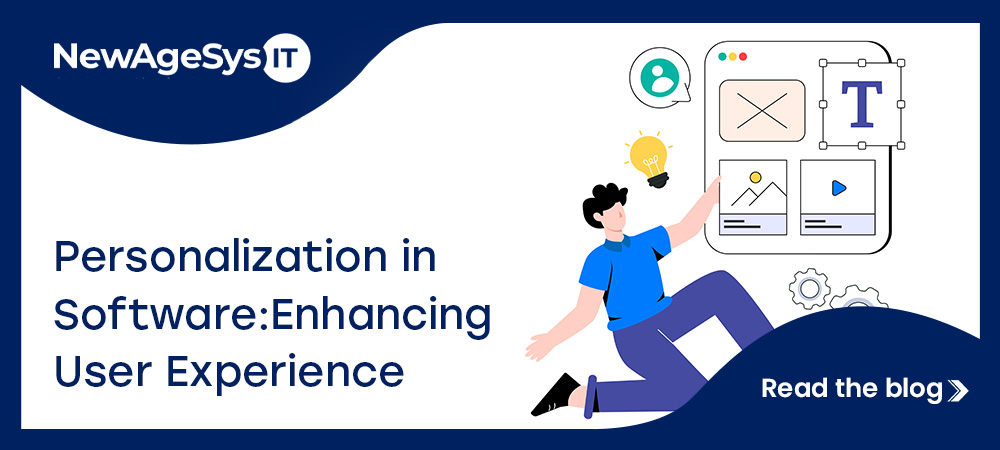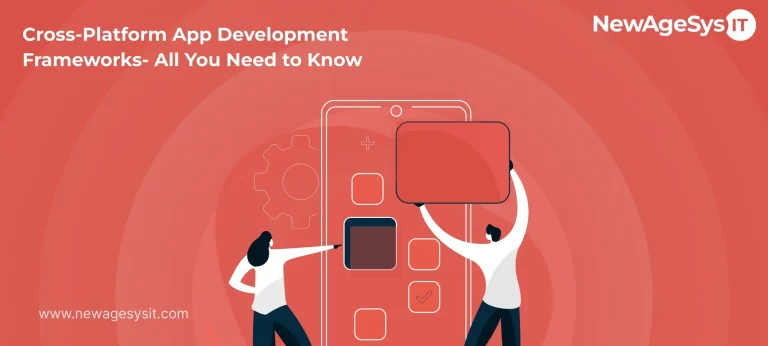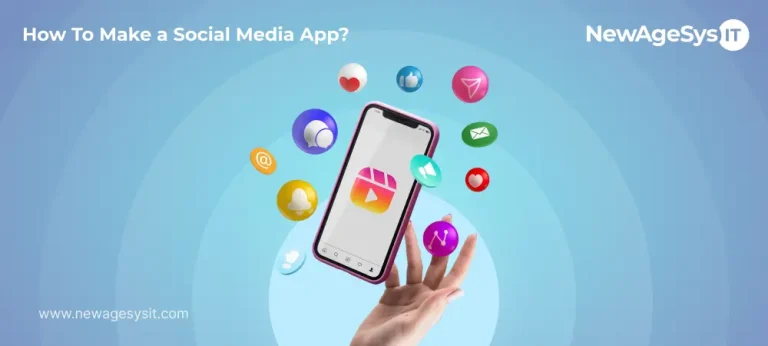Today, personalization has become one of the cornerstones of user experience in software applications. By implementing personalization in software systems, companies can significantly improve user satisfaction and engagement. This blog post will explain why software personalization is important, personalization strategies in software, and how it can change user experience.
Understanding Software Personalization
Software personalization implies that the user experience is customized to meet individual preferences and requirements. It uses data analytics, AI technology, and user behavior to deliver personalized content and features. Personalized experiences make users feel valued and understood by increasing their interaction with an app as this improves users’ loyalty to the application. To stay competitive and keep up with modern users’ expectations, software development companies need to embed personalization features.
Key Strategies for Personalizing Software
User Data Collection and Analysis
The first step to personalization strategies in software is collecting and analyzing user data. These include information on users’ behavior, preferences, and actions they take within an app. In-app tracking, Google Analytics, etc are some tools that can help collect and analyze user data. With these available insights, software development companies can create user profiles that will serve as a basis for tailoring the app experience. Knowing about customers’ preferences helps firms provide more appropriate content or better functionalities.
Customized Content Delivery
Customizing content delivery is a powerful method of enhancing user experience through software adaptation. It includes personalized recommendations, targeted notifications, and dynamic content updates among others. For example, the e-commerce apps may suggest products based on past purchases or navigation history while news apps display articles that match with a reader’s interests. Effective software personalization ensures that the content delivered matches what users are looking forward to hence making them get addicted to an app.
Adaptive User Interfaces
Adaptive user interfaces (UI) change based on user preferences and behaviors. This means changing the layout, features, or functions to suit different users better. For example, an app may offer several navigation options depending on user interaction. With adaptive UIs, software development companies can improve usability thus making the app more intuitive. Through such a strategy, they will be able to enhance user satisfaction by providing them with seamless personalized experiences.
Benefits of Personalization in Software
Enhanced User Engagement
Personalization has a huge impact on user engagement. When users feel that the app understands and caters to their needs, they are more likely to spend time on it. On the other hand, personalization helps retain users and hence increases retention rates among them as well as loyalty towards an application remains high. As a result, businesses get higher user engagement and improved customer retention.
Improved Conversion Rates
Customized software experience leads to higher conversion rates. This comes from relevant content delivery and offers that prompt desirable actions like purchasing or subscribing to services given by companies. In some cases, smarter e-commerce applications can develop personalized product recommendations which eventually lead to increased sales of products. While personalized product recommendations have been proven to increase sales in e-commerce apps too through this method; Software development services providers focusing on personalization help businesses achieve their conversion goals in a better way.
Increased Customer Satisfaction
Personalization ensures greater customer satisfaction by creating unique’, tailor-made’ user experiences. Users appreciate when an app anticipates their needs and preferences. Consequently, this contentment plays a large role in making sure there is a good relationship between the user and the app hence encouraging continued use along with positive referrals made among friends or acquaintances who are satisfied with using it thus satisfied customers become loyal consumers which consequently affects long-term business success.
Challenges and Solutions
Data Privacy Concerns
Data privacy concerns are increasing as more companies personalize apps. Users today are increasingly conscious of data security, and they expect businesses to protect their data. For instance, software development organizations need to have strong data privacy in place. Companies achieve this by obtaining user consent, anonymizing the data, and following the law as GDPR asks them to do so. In addition, transparency about the usage of these datasets can help build trust and reassure users of their privacy.
Implementation Complexity
Implementing personalization is not easy. It encompasses robust algorithms, seamless integration, and iterative optimization. However, partnering with experienced software development services makes it easier for you. Expert developers will integrate efficient personalization features into your software which will intensify user experience without compromising performance. Professionals are the best people to work with when implementing personalization strategies because they ensure efficiency as well as effectiveness.
Conclusion
Today, personalizing software is not a luxurious thing but rather it is a necessity that brings about exceptional user experiences by using personalized approaches which are embedded in software. This way companies can engage users better, and improve satisfaction rates thus driving higher numbers of conversion rates at the end of the day due to encouraging customer journeys. Therefore regardless of whether one is creating a new application or enhancing an existing one; a personalized approach should be taken into consideration.
At NewAgeSysIT, we specialize in creating personalized software solutions that cater to your unique needs. Our software development services include advanced personalization features designed to enhance user experience and boost engagement. To understand our rich knowledge of effective implementation of personalization strategies in software, see this blog: Choosing The Right Software Development Methodology. We will assist you create such a kind of software experience that is user-driven and personalized which will be distinct in the competitive market today.

























